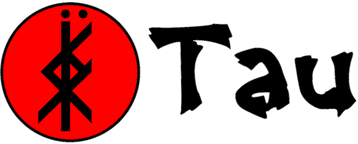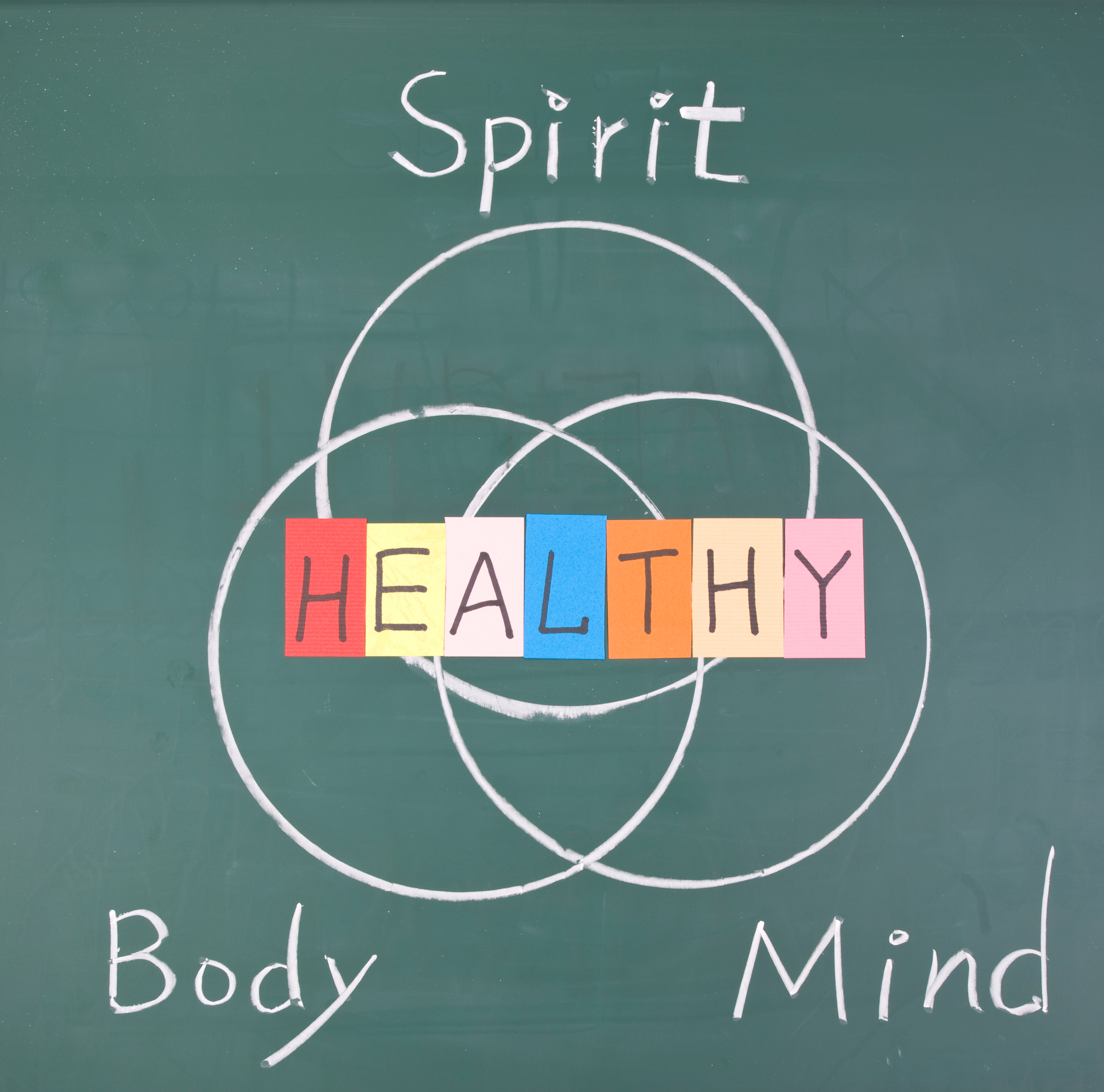Is seeing, believing?
The phrase “seeing is believing” means that only physical evidence is convincing, and that one should not trust something unless one sees it with one’s own eyes. It is often used to express skepticism or doubt about something that seems unlikely or extraordinary.
The origin of this phrase is attributed to the Greek philosopher Carneades, who argued that nothing can be known for certain, and that the senses are the only reliable source of knowledge. He said that “to the wise man, nothing is credible but what he sees”.
The phrase was first recorded in English in 1639, by Thomas Fuller, a historian. He wrote: “Seeing is believing, but feeling’s the truth”. This implies that even seeing something may not be enough to convince someone, and that one should also experience it personally. In a world where many refuse to believe that which is directly in front of them, what will convince the skeptical about Reiki?
Practice seeing, instead of looking
Whether through sight, sound, or touch, each of us is able to discern between something alive and something dead. This ability is the touchstone of understanding for the question of whether or not Reiki is real.
The difference between alive or dead is named the ‘lifeforce’ in English and has many other names in other cultures such as prana, chi, qi, ki, mana, pneuma, or spirit. In complementary medicine it is called bioenergy.
Many health authorities, such as the World Health Organization (WHO), recognize the role of complementary medicine in 21st century healthcare as detailed in their global report on complementary medicine in 2019 . China is a world leader in research in this area of health practices, as it is in many fields that are transforming our world today.
Rei-ki literally means ‘universal (Rei) lifeforce (ki)’. The 2000 year written record of the practice of qigong in China establishes the roots of Reiki which began in Japan as a new tradition in the early 20th century.
Mind, Body, Spirit
Reiki for Hospice and Home Healthcare
Reiki Complements Cancer Treatments
Reiki | Complementary and alternative therapy | Cancer Research UK
Hospitals with Reiki programs
Discover the healing power of Reiki at leading hospitals around the world. Reiki, a form of complementary therapy, has been proven to improve the quality of life for patients and their caregivers. With its holistic approach, Reiki addresses the physical, mental, emotional, and spiritual aspects of health and well-being. Experience the benefits of Reiki in hospitals, hospices, and home health care settings. Reduce pain, anxiety, depression, and fatigue while enhancing coping skills and overall quality of life. Join us on this transformative journey towards healing and wellness.
Reiki is a powerful and transformative palliative care practice that has been extensively researched and proven to significantly enhance the quality of life for patients and their caregivers. With its holistic approach, Reiki not only addresses the physical ailments but also nurtures the mental, emotional, and spiritual well-being of individuals. By providing a profound sense of relaxation and harmony, Reiki facilitates the restoration of the body’s natural healing abilities, promoting overall wellness.
Through its gentle touch and energy transfer, Reiki becomes a source of solace and calmness during the challenging transitions faced by patients as they approach the end of life. It acts as a guiding light, helping them navigate their fears and providing a sense of acceptance and peace.
With its long-standing history and proven positive effects, Reiki embraces the multidimensional aspects of health, fostering a true sense of balance and rejuvenation. Experience the transformative power of Reiki and embark on a journey towards enhanced well-being and profound healing.
Call: 888 241 2992 Or sign up Online
Address
PO Box 694, Sooke, BC V9Z1H6
T’Sou-ke First Nation traditional territories
info@tauwellness.com
Phone
888 241-2992

